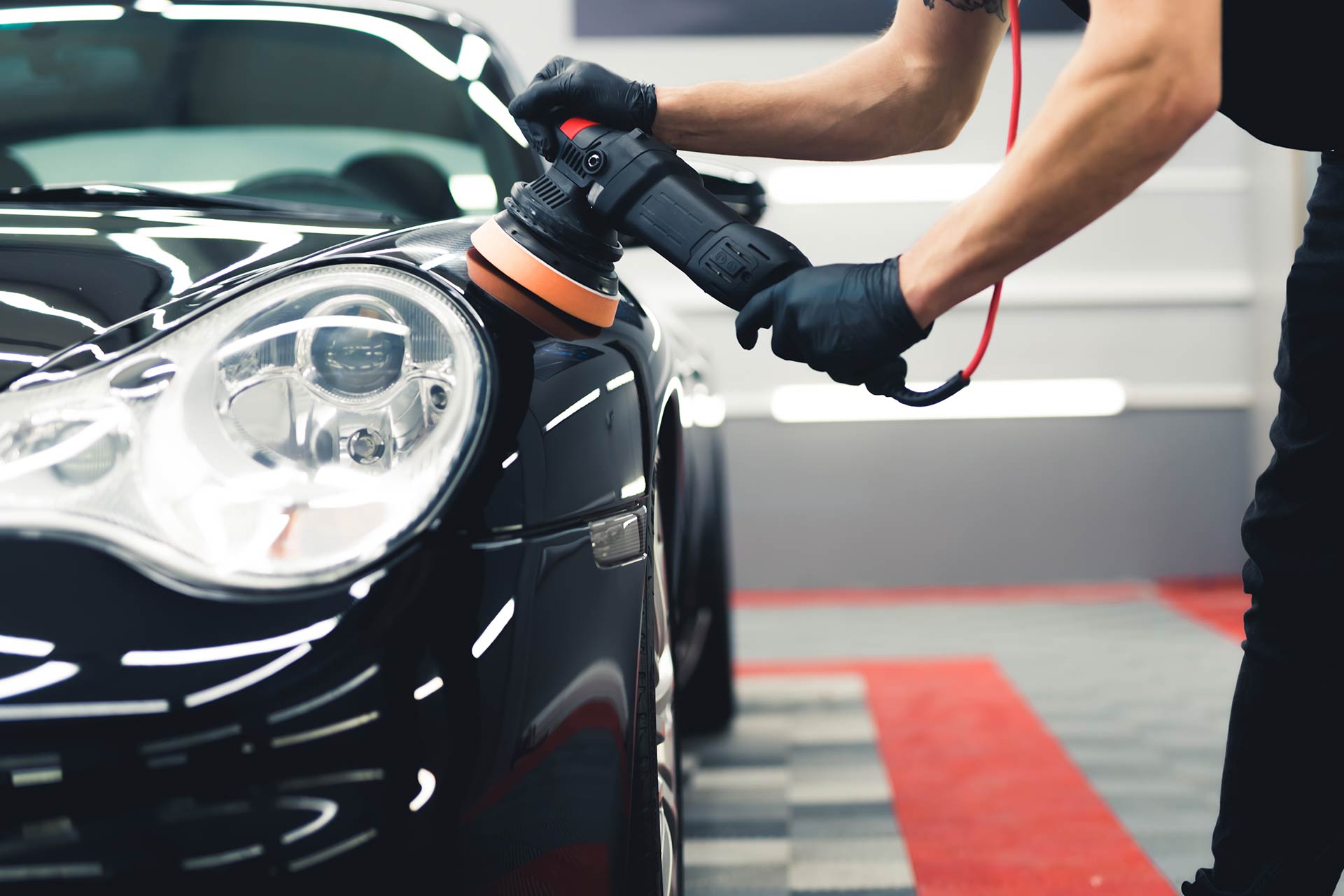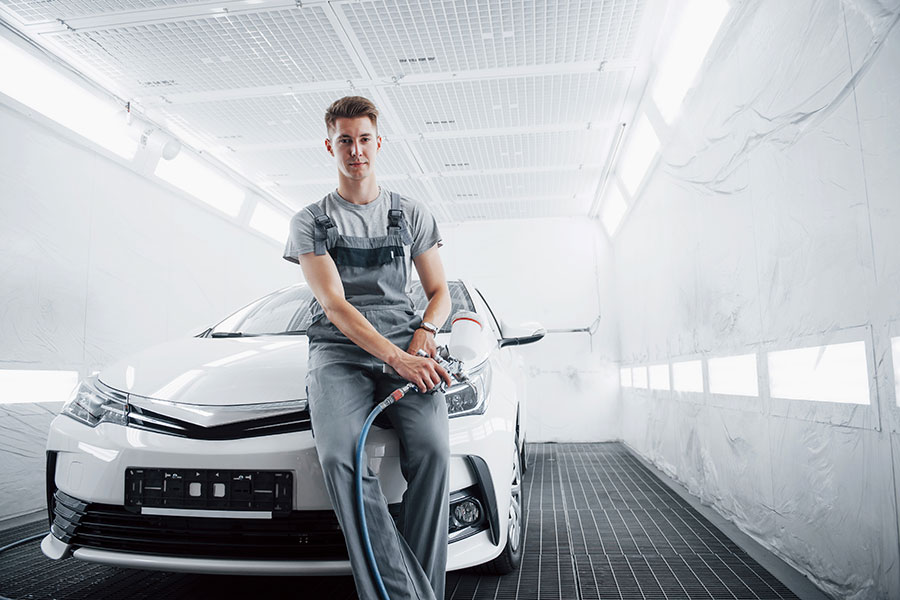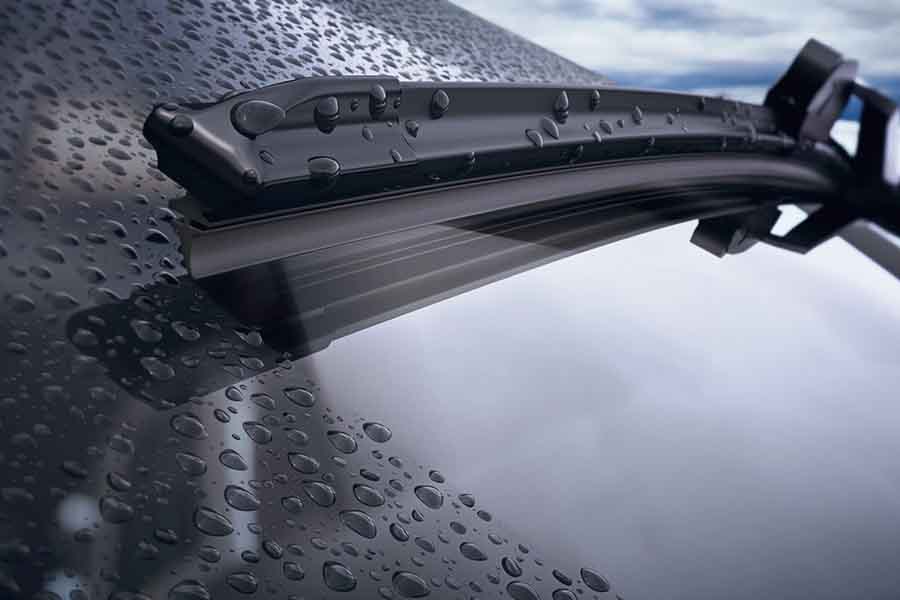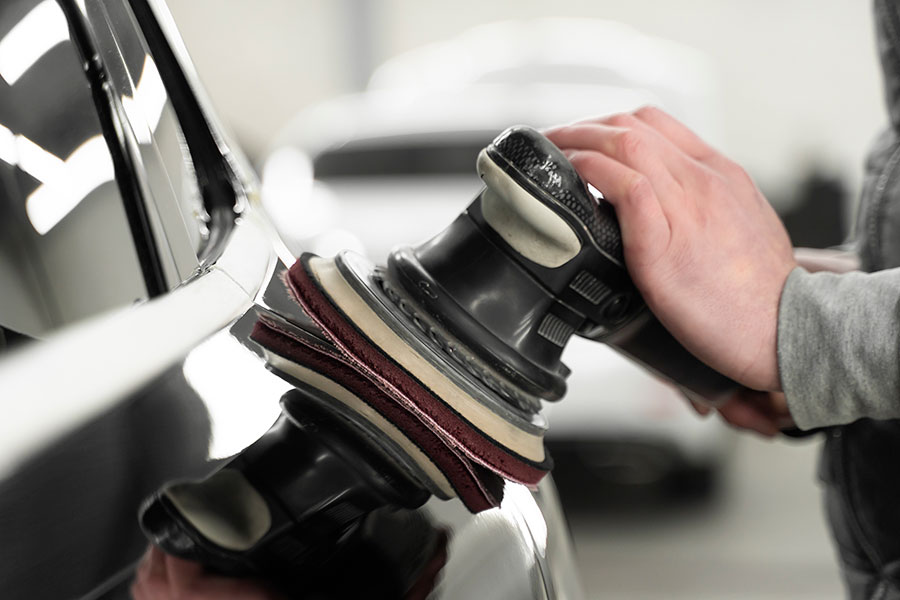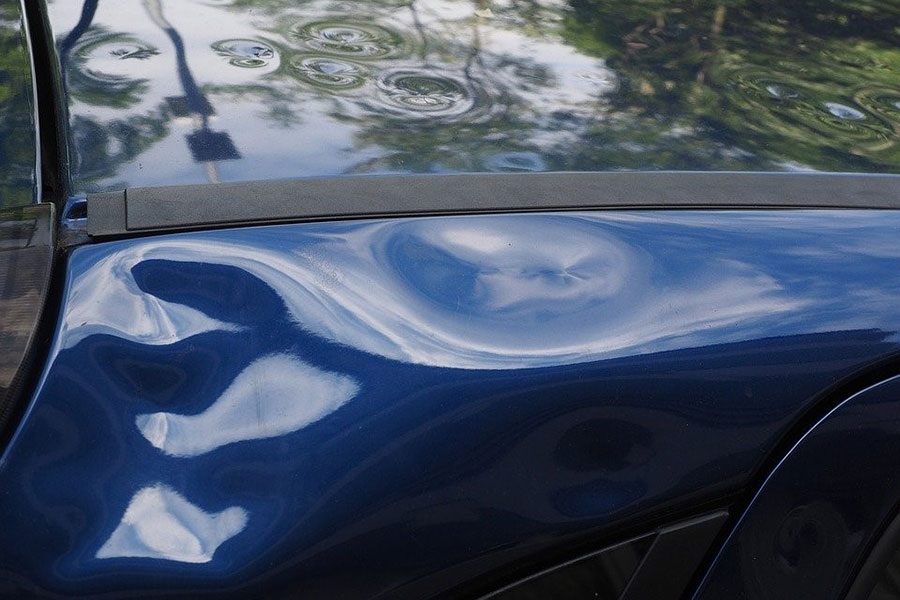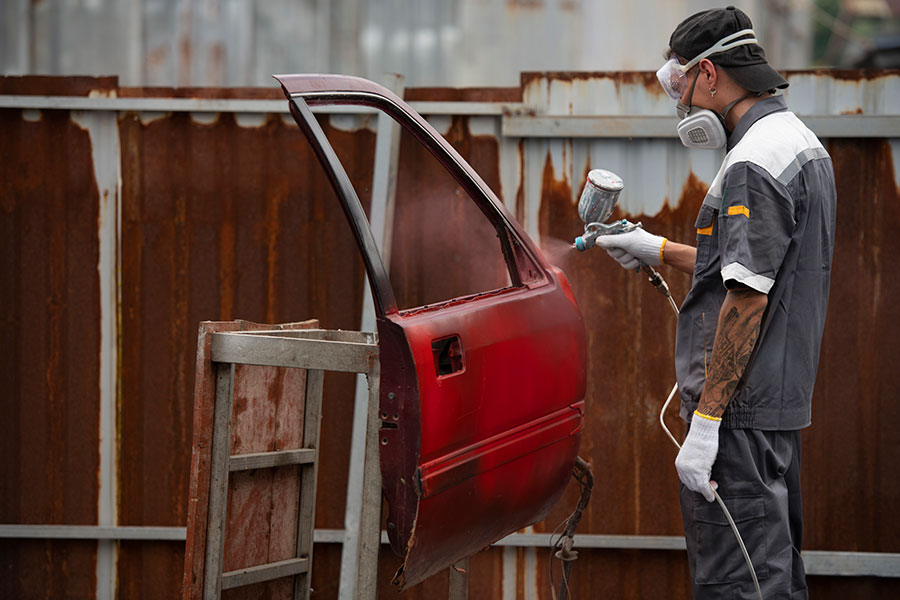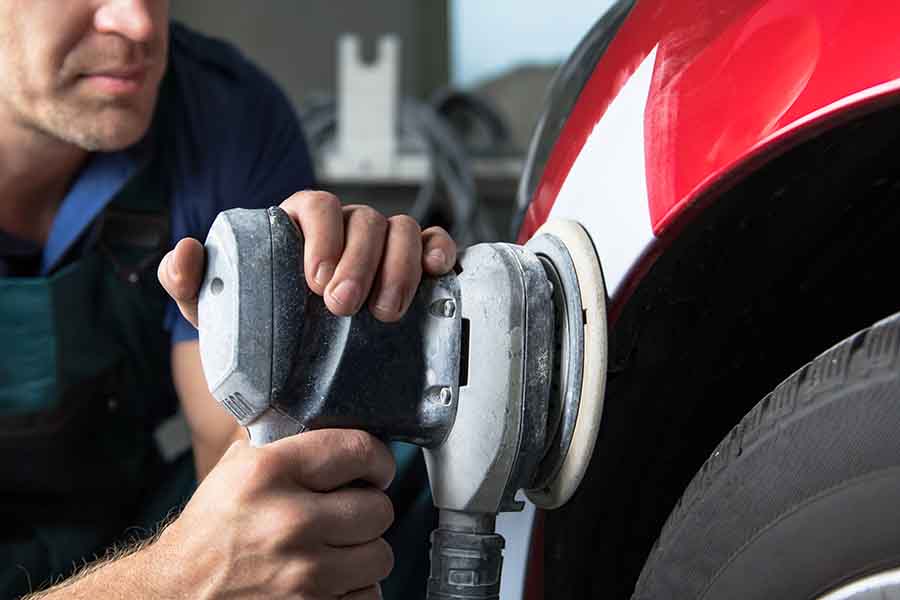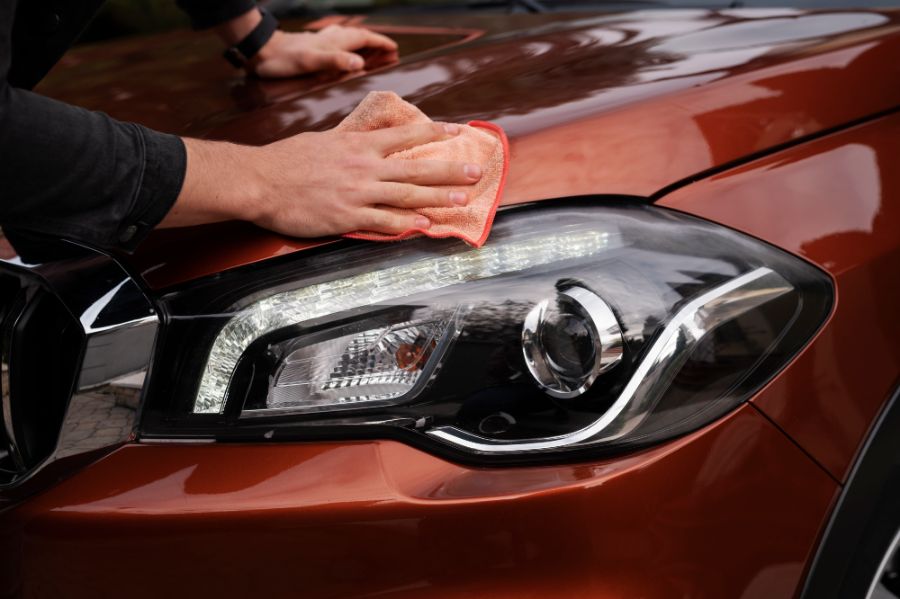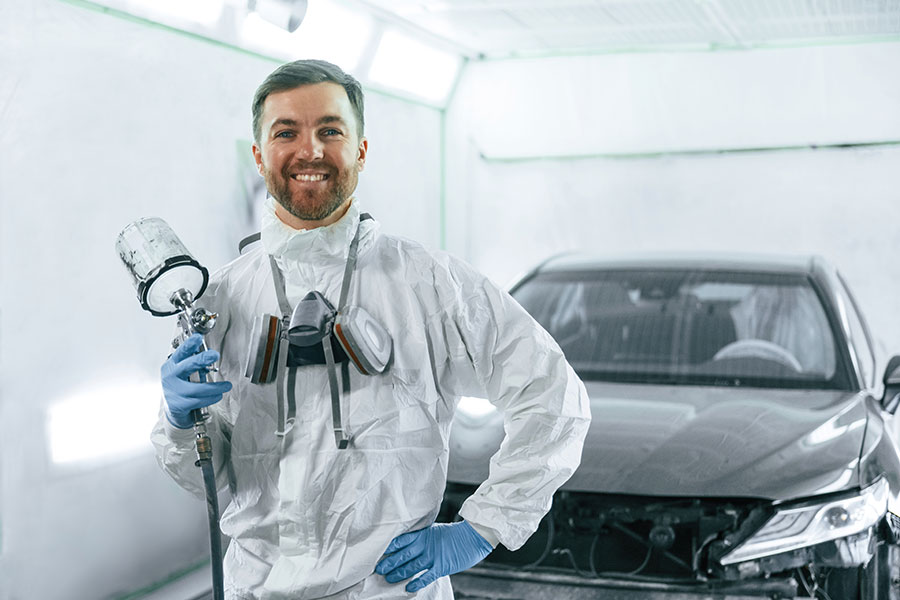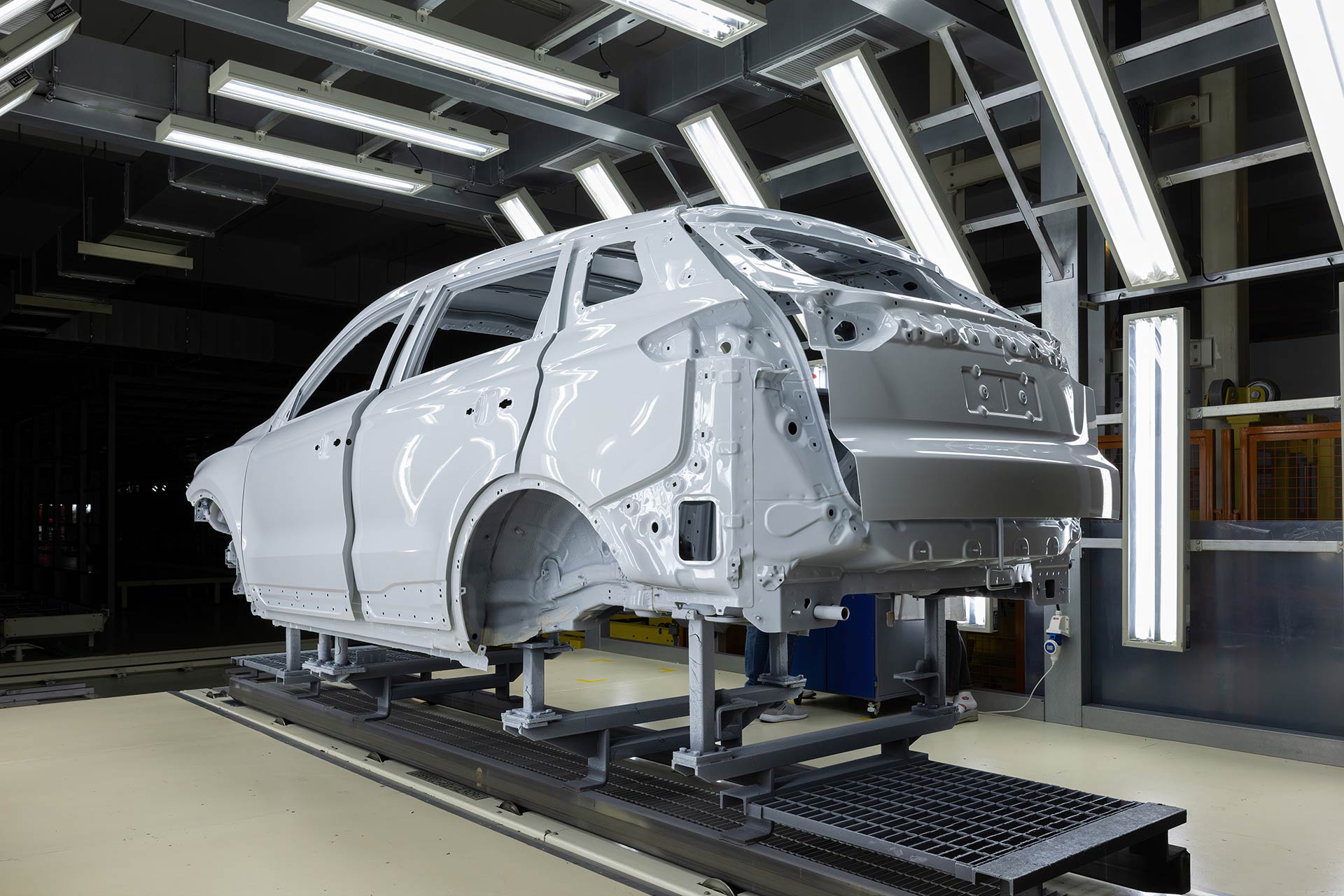Ever wondered why some cars look brand new even after years of use while others seem to age faster? Preventing car damage is not just about keeping your vehicle looking good; it's about preserving its value and ensuring safety. Whether it's battling harsh weather, avoiding unexpected dings, or maintaining the shine of your paint, there are straightforward strategies that can shield your car from the common culprits of wear and tear. By embracing smart habits and proactive care, you can keep your car in top-notch condition, dodging costly repairs and extending its lifespan.
Understanding Car Damage Prevention
Common Causes
Car damage often stems from a few predictable sources. Recognizing these can save you time and money.
Weather plays a big role. Hail can dent your car's body, while sun exposure fades the paint. Parking outdoors without protection exposes your vehicle to these elements.
Accidents, even minor ones, cause visible harm. They range from dents and scratches to more severe damage. Safe driving reduces this risk significantly.
Neglect is another culprit. Ignoring regular maintenance leads to bigger problems. It's vital to check your car's fluids, tires, and brakes regularly.
Proactive Measures
Taking steps to prevent damage is key. It saves you from costly repairs later on.
Regular maintenance is non-negotiable. Follow your car's service schedule to keep it running smoothly. This includes oil changes, tire rotations, and brake inspections.
Use protective gear for your vehicle. Car covers and sunshades minimize weather-related damage. Seat covers and floor mats keep the interior clean.
Park smartly to avoid accidents. Choose spots away from busy areas if possible. This lessens the chance of someone hitting your car.
Driver Behavior
Your actions behind the wheel matter a lot. Safe driving protects your car from unnecessary harm.
Avoid aggressive driving habits like speeding and hard braking. These put stress on your vehicle and increase wear and tear.
Be mindful of road conditions. Potholes and rough roads can damage your car's suspension and wheels. Drive carefully or find alternate routes when possible.
Keep a safe distance from other vehicles. This gives you time to react and avoid collisions, preventing potential damage.
Regular Maintenance Tips
Oil Changes
Regular oil changes keep the engine running smoothly. Mechanics suggest doing this every 3,000 to 5,000 miles. Fresh oil reduces friction and prevents overheating. It's a simple step but crucial for long-term engine health.
Changing oil on time also means less dirt build-up. This keeps the engine clean and efficient. Remember, a well-maintained engine is less likely to suffer from serious damage.
Tire Pressure
Keeping tire pressure in check is vital. Check it once a month. Properly inflated tires ensure good contact with the road. This reduces wear and tear.
Tires at the right pressure save fuel too. They make your drive safer by improving handling. Don't forget, weather can affect tire pressure. So, adjust it as needed for hot or cold conditions.
Wipers and Brakes
Replace windshield wipers and brake pads regularly. Worn-out wipers impair visibility during rain or snow, risking accidents. Good wipers clear the windshield effectively, ensuring safe driving.
Brake pads are equally important. They should be replaced as recommended by your vehicle's manufacturer. Healthy brakes mean shorter stopping distances. This can prevent collisions and save lives.
Avoiding Common Vehicle Damage
Sun Protection
Parking in shaded areas can significantly reduce the risk of your car's paint fading or peeling. Direct sunlight, especially during the hottest parts of the day, can damage the paint over time. By choosing shaded parking spots or covered parking, you protect your vehicle’s finish and keep it looking newer for longer.
When shade is not available, using a car cover can offer similar protection. It shields the paint from UV rays and helps maintain the vibrant color and shine of your vehicle.
Road Care
It's crucial to steer clear of potholes and rough roads whenever possible. These obstacles can cause immediate harm to your vehicle's suspension system and tires. Hitting a pothole hard enough might lead to bent rims, punctured tires, or even more severe suspension damage.
To minimize these risks, always keep an eye on the road ahead and slow down if you cannot avoid rough patches. Regularly checking your tire pressure and suspension health also helps in reducing potential damage from poor road conditions.
Weather Shield
Using car covers or parking in garages offers excellent protection against weather-related damage. Rain, snow, hail, and even wind can carry debris that might scratch or dent your vehicle. A quality car cover or a garage acts as a barrier between your car and the elements, keeping it safe from such hazards.
In regions with heavy snowfall or frequent storms, this practice is especially beneficial. It not only protects the exterior but also preserves the mechanical components by reducing exposure to moisture and cold temperatures.
Proactive Safety Measures
Parking Aids
Installing parking sensors or cameras helps avoid minor bumps and scratches. These devices alert drivers to obstacles they might not see. They make parking in tight spots easier.
Parking aids significantly reduce the risk of hitting objects. They are especially helpful in busy parking lots.
Safe Distance
Keeping a safe distance from other vehicles prevents collisions. It gives drivers more time to react if the car ahead stops suddenly.
Maintaining a safe gap helps avoid rear-end accidents. It's a simple yet effective strategy for protecting your car.
Defensive Driving
Attending defensive driving courses improves reaction times and awareness. These courses teach techniques to anticipate and avoid hazards on the road.
Drivers learn how to handle their vehicles better in any situation. They become safer and more confident behind the wheel.
Best Practices for Car Care
Regular Washing
Keeping your car clean is not just about aesthetics; it's a crucial part of maintenance. Dirt and grime can lead to rust, which damages your car over time. By washing your car regularly, you remove these harmful substances. It's best to use products designed for cars to avoid damaging the paint.
Regular washing also helps maintain the car's value. A clean car reflects well on its owner and can fetch a higher price in the resale market.
Wax Application
Applying wax to your car does more than make it shine; it protects the paint. Experts recommend waxing your car twice a year. This creates a barrier against pollutants and sunlight, which can fade and damage the paint over time.
Wax also makes cleaning easier as dirt and water slide off more readily. This added layer of protection keeps your car looking new for longer.
Interior Vacuuming
The inside of your car needs attention too. Crumbs, dust, and dirt can quickly accumulate, leading to upholstery stains and wear. Frequent vacuuming keeps the interior clean and prevents the buildup of debris that can cause damage over time.
Vacuuming also improves air quality inside the car. Removing dust and allergens contributes to a healthier environment for you and your passengers.
Tire Maintenance
Proper tire care is essential for safety and longevity. Check your tire pressure monthly to ensure they are inflated to the manufacturer's recommended level. Incorrect pressure can lead to uneven wear, reducing the lifespan of your tires.
Rotate your tires according to the schedule in your owner’s manual. This helps them wear evenly, extending their life and improving handling.
Fluid Checks
Regularly checking and topping up fluids keeps your car running smoothly. Engine oil, brake fluid, coolant, and windshield washer fluid should be checked monthly. Low levels can lead to engine damage or affect your ability to drive safely.
Changing these fluids at recommended intervals prevents wear and tear on critical components.
Enhancing Vehicle Longevity
Service Schedule
Adhering to the manufacturer's service schedule ensures major maintenance is never missed. This step is crucial for keeping your car running smoothly. It involves checking and replacing parts at specific intervals.
Cars need regular check-ups, just like humans do. Skipping these can lead to bigger problems down the road. Following this schedule keeps everything in check and can prevent unexpected breakdowns.
Quality Parts
Using quality parts and fluids is another key factor. These should always match the car manufacturer's recommendations. They are designed to work perfectly with your vehicle, ensuring optimal performance.
Cheap alternatives might save money short-term. However, they often lead to more expensive repairs later. Investing in high-quality components pays off by extending your car's life.
Prompt Repairs
Addressing minor issues immediately is essential. Small problems can quickly turn into big ones if ignored. Catching them early prevents major repairs, saving time and money.
A strange noise or a warning light should never be overlooked. These are signs that something might be wrong. Acting fast can make all the difference in maintaining your car's health.
Protecting Your Investment
Maintenance Records
Keeping detailed records of every maintenance and repair job is crucial. They show you care for your car. Future buyers will pay more for such a vehicle.
Your records should include oil changes, tire rotations, and any repairs, big or small. This history proves your commitment to the car's upkeep. It can significantly boost your car's resale value.
Insurance Coverage
Choosing comprehensive insurance is wise. It covers accidents, theft, and natural disasters. This type of insurance protects your investment beyond basic collisions.
It's more than just a safety net; it's peace of mind. With comprehensive coverage, you're prepared for the unexpected. You won't have to worry about out-of-pocket costs after an unforeseen event.
Extended Warranties
For older vehicles, consider extended warranties. They cover repairs that regular warranties don't. This can save you money on costly fixes down the line.
Extended warranties are especially valuable for cars with a history of expensive issues. They offer protection against surprises as your vehicle ages. Think of them as a buffer against sudden repair bills.
Practical Advice for Vehicle Upkeep
Tool Kit
Keeping a basic tool kit and emergency supplies in your vehicle is crucial. This ensures you're prepared for common roadside issues. A well-stocked kit includes items like jumper cables, a tire pressure gauge, and basic hand tools.
Emergency supplies should also be part of your car's kit. These can include water, blankets, and a flashlight. Having these items can make a significant difference if you find yourself stranded.
Fluid Checks
Monitoring fluid levels weekly helps prevent damage. Your car relies on various fluids to operate smoothly. These include engine oil, coolant, brake fluid, and transmission fluid.
Checking these levels regularly allows you to spot leaks early. It also ensures your vehicle performs at its best. Neglecting fluid checks can lead to serious mechanical issues.
Tire Maintenance
Tire condition is another key aspect of vehicle upkeep. Inspecting your tires weekly for wear and tear is essential. Look for any signs of uneven wear or damage.
Proper tire inflation is equally important. Incorrect tire pressure can affect fuel efficiency and handling. It can also increase the risk of tire failure.
Professional Advice
Seeking professional advice for unusual noises or car behavior is vital. These could be early warnings of bigger problems.
A mechanic can diagnose issues that aren't obvious to the average car owner. Addressing these concerns promptly can save you money and extend your vehicle's lifespan.
Final Remarks
Preventing car damage starts with you and boils down to the simple steps we've covered. From regular maintenance to proactive safety measures, each strategy plays a crucial part in keeping your vehicle in top shape. Embrace these best practices for car care and see how they shield your investment, enhancing your car's longevity. It's not just about avoiding costs; it's about taking pride in your ride and ensuring it serves you well for years to come.
Now's the time to take action. Start with one small step today—maybe schedule that long-overdue maintenance check or adopt a new habit to protect your car from common damages. Your vehicle is more than just a means to an end; it's a significant investment worth protecting. Let's make vehicle upkeep a priority, ensuring our cars stay reliable, safe, and visually appealing. Drive smart, protect your investment, and keep your car running smoothly for the long haul.
Frequently Asked Questions
How often should I perform regular maintenance on my car to prevent damage?
Regular maintenance should be performed according to your vehicle's manual, generally every 5,000 to 10,000 miles to keep your car in top condition and prevent damage.
What are some common vehicle damages I can easily avoid?
Avoid common damages by parking in safe areas, using car covers, and being mindful of potholes and curbs. Regular cleaning also prevents rust and corrosion.
Can proactive safety measures really extend the life of my car?
Yes, proactive measures like defensive driving, timely repairs, and using quality parts can significantly reduce wear and tear, extending your car’s lifespan.
What are the best practices for daily car care?
Daily best practices include checking tire pressure, keeping fluids topped up, and ensuring lights work properly. Simple checks can prevent major issues.
How does protecting my investment enhance vehicle longevity?
Protecting your investment through regular maintenance, safe driving, and immediate attention to repairs helps maintain its value and functionality longer.
What practical advice do you have for vehicle upkeep?
For practical upkeep, always address warning lights immediately, use manufacturer-recommended parts and fluids, and keep a regular cleaning schedule.

